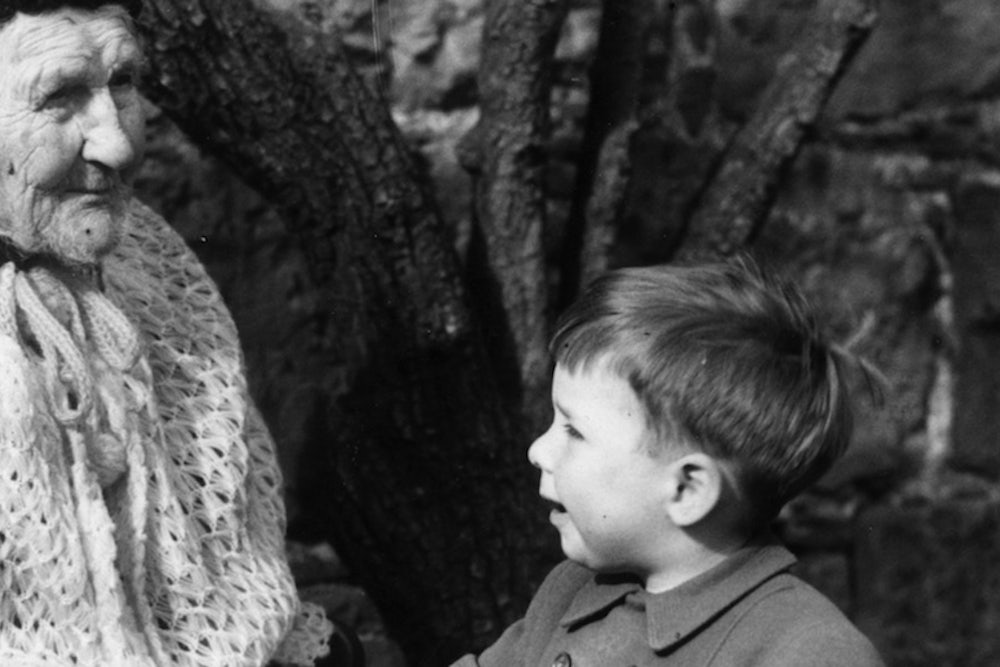If you’re a 70-year-old American, you might name the passage of the Civil Rights Act or Neil Armstrong's walk on the moon as the most important public event you’ve lived through. If you’re 50 today, you’d be more likely to name the Watergate scandal or the fall of the Berlin Wall. In Episode 99,000 of Humans Are Self-Centered, psychologists have shown that the way we think about the significance of public events has more to do with the timeline of our own lives than the historical impact of the event. Logically, the distribution of public events should be pretty constant throughout a person’s lifetime, but people tend to ascribe greater significance to events that occurred in their own adolescence or early adulthood. Danish psychologists Jonathan Koppel and Dorthe Berntsen investigated this bias in a new paper in the Quarterly Journal of Experimental Psychology.
“Most of the important autobiographical events in a person’s life—getting married, having kids—are expected to occur in young adulthood,” said Koppel. “We wanted to see if people also thought that important public events happened in young adulthood.”
In their first experiment, Koppel and Berntsen asked 200 American adults to picture a hypothetical infant, and select an age range in answer to the question: “How old do you think this person is likely to be when the event that they consider to be the most important public event of their lifetime takes place?” About 80 percent of respondents chose something between the ages of 11 and 30.

In the second study, the researchers asked a similar question but used a more objective phrasing: “How old do you think this person is likely to be when the most important public event of their lifetime takes place?” These responses revealed a similar pattern—allowing Koppel and Berntsen to make a stronger claim for what they call the “youth bias.”

“People might generalize from their own private histories to public events,” explained Koppel. “You have this sort of expectation that the most important things happen during adolescence and young adulthood, and that may heighten sensibility towards events of that period.” So much for the golden years.
